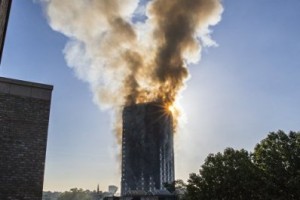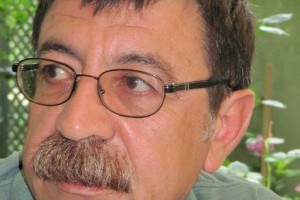The Canadian government has fired off a pre-emptive strike before American lawmakers hold a hearing in which the northern neighbour's Syria refugee policy will be on the hot seat.
It sent a note to members of a powerful U.S. Senate committee that has scheduled a meeting next week titled, "Canada's Fast-Track Refugee Plan: Unanswered Questions and Implications for U.S. National Security."
The U.S. Senate homeland-security hearing is, for the Trudeau government, an unwanted flip-side to the praise it received from progressives and foreign media outlets last month when the prime minister personally greeted refugees at the airport.
This will be far less laudatory, judging from the list of witnesses invited to testify before the committee next Wednesday: most have already publicly challenged Canada's plan to quickly accept 25,000 refugees.
The Canadian embassy had also been invited to testify but declined, said ambassador Gary Doer, citing a long-standing practice of avoiding appearances in that partisan domestic political chamber.
Instead, Doer sent a note beforehand outlining nine security measures the Canadian government has taken — five specifically related to the Syrian refugee program, and four others involving regular border co-operation with the U.S.
They include the collection of biometric information from refugees; a zero-acceptance policy when doubts surface about any individual candidate; use of U.S. security databases; the prioritization of low-risk refugees like women and families; and the fact that the refugees would be non-citizens for years, and couldn't travel to the U.S. without visas.
"Rest assured that no corners, including security screening, are being cut in order to achieve the government's objectives," Doer wrote in the letter, sent last week.
"Rather, the government has devoted significant resources to this effort."































































